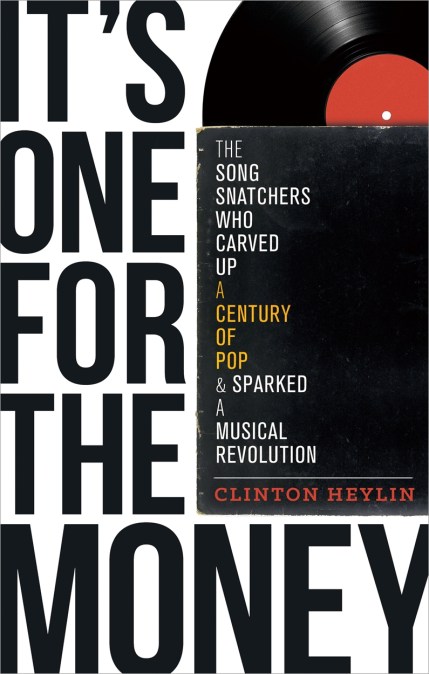Song publishing is the one constant in the carousel of recorded music now spanning the past century, and has been the way that song-credits and publishing revenue have caused ructions and recriminations, and inspired writers by making them poor and lawyers rich.
Whether it be Procul Harum going to court to decide who really wrote ‘Whiter Shade of Pale’ or the Moody Blues wanting their fair share of ‘Nights of White Satin’, when the song-credits get divvied up, a parting of the ways citing ‘musical differences’ is almost inevitable.
So here are some choice examples of poplore held up to the light,some familiar to music fans others not, designed to prove that Dylan knew of what he wrote when he suggested, ‘Money doesn’t talk, it swears’.
Between them, they provide the unvarnished story of popular song from the days jukeboxes and radio replaced wax cylinders and piano rolls to the era of digital downloads, legal and illegal…
Whether it be Procul Harum going to court to decide who really wrote ‘Whiter Shade of Pale’ or the Moody Blues wanting their fair share of ‘Nights of White Satin’, when the song-credits get divvied up, a parting of the ways citing ‘musical differences’ is almost inevitable.
So here are some choice examples of poplore held up to the light,some familiar to music fans others not, designed to prove that Dylan knew of what he wrote when he suggested, ‘Money doesn’t talk, it swears’.
Between them, they provide the unvarnished story of popular song from the days jukeboxes and radio replaced wax cylinders and piano rolls to the era of digital downloads, legal and illegal…
Newsletter Signup
By clicking ‘Sign Up,’ I acknowledge that I have read and agree to Hachette Book Group’s Privacy Policy and Terms of Use
Reviews
Fabulously well-researched ... it's a story well told, in eye-popping detail
A terrific guide to the evolution of the popular song Spectator
Fascinating stuff, intensively researched and utterly intriguing
[A] meticulous study of music publishing, plagiarism and song ownership

